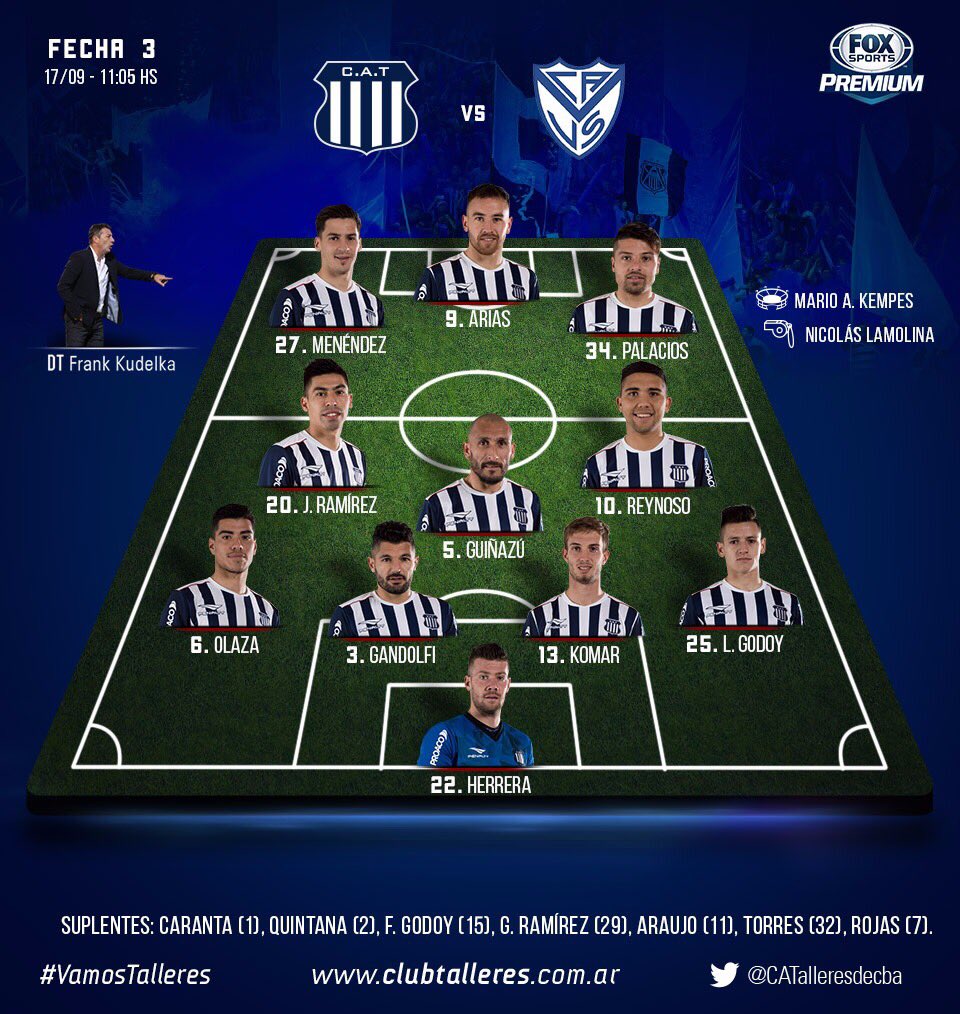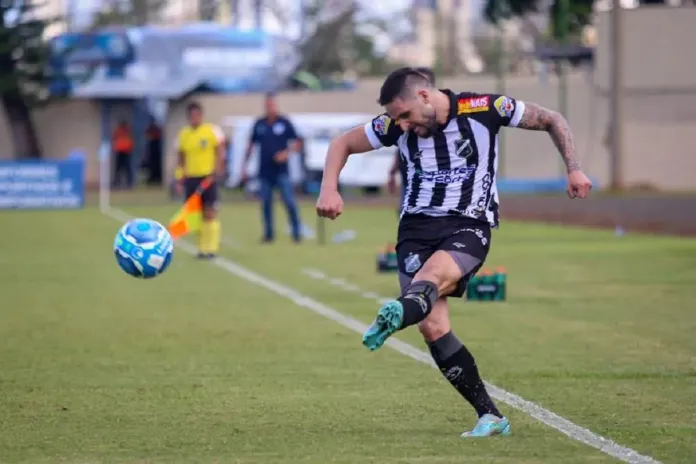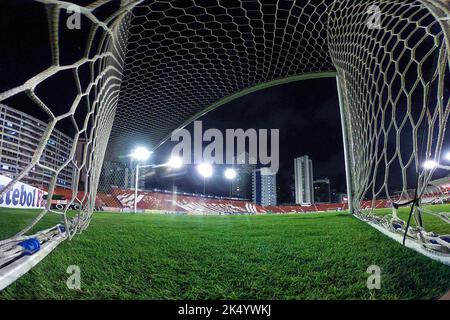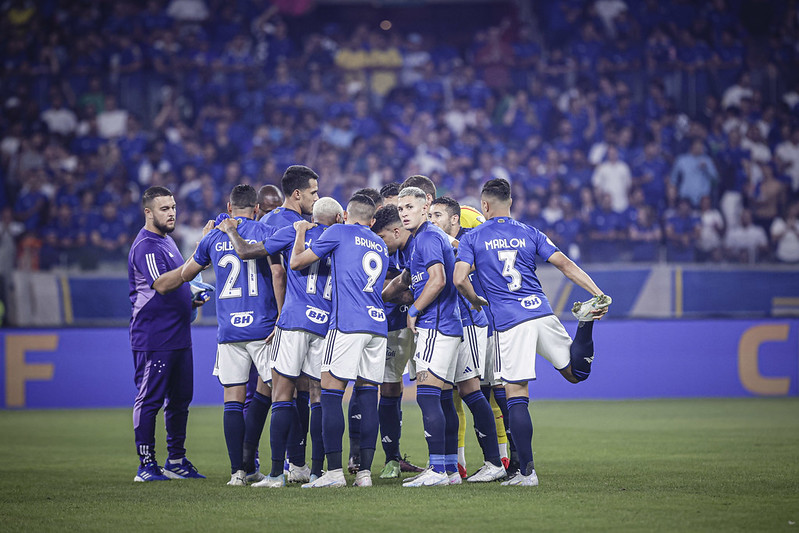The Exciting History and Prestige of the Copa Libertadores
Por um escritor misterioso
publicado em dezembro/29/2024

Discover the rich history and prestige of the Copa libertadores , the premier club football competition in South America.


The inception of Copa libertadores dates back to 1960 when it was first contested. The tournament was inspired by Europe's continental competition, the European Cup (now known as the UEFA Champions League), and aimed to create a similar platform for clubs in South America. The inaugural edition saw participation from seven teams representing Argentina, Bolivia, Brazil, Chile, Paraguay, Peru, and Uruguay.
Since its inception, many legendary clubs have competed for glory in Copa libertadores. Argentine giants Club Atlético Independiente hold a record with seven titles won between 1964 and 1984. Other notable winners include Boca Juniors from Argentina (six titles), Club Nacional from Uruguay (three titles), São Paulo FC from Brazil (three titles), and Club Atlético River Plate from Argentina (four titles).
The format of Copa libertadores has evolved over time. Initially, it featured a round-robin group stage followed by knockout rounds leading to a final match. However, with increasing popularity and competitiveness, CONMEBOL introduced additional stages such as preliminary rounds and expanded group stages to accommodate more teams.
One unique aspect of Copa libertadores is its home-and-away format for matches throughout most stages of the competition. This adds an extra layer of excitement as teams battle not only on their home grounds but also face challenging away fixtures in hostile environments. The atmosphere in some of the famous stadiums like La Bombonera in Buenos Aires, Monumental in Lima, and Maracanã in Rio de Janeiro is electric during Copa libertadores matches.
The Copa libertadores has witnessed several memorable moments throughout its history. One of the most iconic finals took place in 2018 when Boca Juniors and River Plate, both from Buenos Aires, faced each other in a historic Superclásico final. The two legs of the final were played at each team's home stadium, but due to incidents of violence and fan unrest, the second leg was moved to Estadio Santiago Bernabeu in Madrid, Spain. River Plate emerged as champions after an intense battle.
Another memorable moment came in 1969 when Estudiantes de La Plata from Argentina won their first Copa libertadores title under the management of Osvaldo Zubeldía. They went on to win three consecutive titles from 1968 to 1970, cementing their status as one of the dominant forces in South American football at that time.
The prestige attached to winning the Copa libertadores goes beyond just securing a continental title. The champions earn a spot to represent CONMEBOL at the FIFA Club World Cup where they compete against other continental champions for global glory. Winning both Copa libertadores and FIFA Club World Cup is considered the ultimate achievement for any South American club.
Over the years, numerous South American players have used their performances in Copa libertadores as a springboard to launch successful careers abroad. Some notable examples include Pelé, Diego Maradona, Romário, Ronaldinho Gaúcho, and Neymar Jr., who all showcased their talents on this grand stage before moving on to achieve worldwide fame.
In recent years, technology has played an increasingly important role in enhancing the viewing experience of Copa libertadores matches. Fans can now enjoy live streaming coverage across multiple platforms and access instant replays, match statistics, and in-depth analysis. Social media platforms also provide a space for fans to engage in discussions and share their opinions about the competition.
In conclusion, the Copa libertadores stands as a symbol of excellence and passion in South American club football. With its rich history, prestigious winners, and intense matches played across iconic stadiums, it continues to captivate fans around the world. Whether you are a fan of South American football or simply appreciate the beautiful game, the Copa libertadores is an event that should not be missed.






ABC x Tombense: assista ao vivo ao jogo de hoje do Brasileirão Série B

PE - Recife - 10/04/2022 - BRAZILIAN B 2022, NAUTICO X TOMBENSE - Victor Ferraz player from Nautico celebrates his goal during a match against Tombense at the Aflitos stadium for the
The Copa libertadores is an annual club football competition held in South America, organized by the South American Football Confederation (CONMEBOL). It is considered one of the most prestigious tournaments in world football, equivalent to the UEFA Champions League in Europe. In this article, we will delve into the exciting history and significance of the Copa libertadores.The inception of Copa libertadores dates back to 1960 when it was first contested. The tournament was inspired by Europe's continental competition, the European Cup (now known as the UEFA Champions League), and aimed to create a similar platform for clubs in South America. The inaugural edition saw participation from seven teams representing Argentina, Bolivia, Brazil, Chile, Paraguay, Peru, and Uruguay.
Since its inception, many legendary clubs have competed for glory in Copa libertadores. Argentine giants Club Atlético Independiente hold a record with seven titles won between 1964 and 1984. Other notable winners include Boca Juniors from Argentina (six titles), Club Nacional from Uruguay (three titles), São Paulo FC from Brazil (three titles), and Club Atlético River Plate from Argentina (four titles).
The format of Copa libertadores has evolved over time. Initially, it featured a round-robin group stage followed by knockout rounds leading to a final match. However, with increasing popularity and competitiveness, CONMEBOL introduced additional stages such as preliminary rounds and expanded group stages to accommodate more teams.
One unique aspect of Copa libertadores is its home-and-away format for matches throughout most stages of the competition. This adds an extra layer of excitement as teams battle not only on their home grounds but also face challenging away fixtures in hostile environments. The atmosphere in some of the famous stadiums like La Bombonera in Buenos Aires, Monumental in Lima, and Maracanã in Rio de Janeiro is electric during Copa libertadores matches.
The Copa libertadores has witnessed several memorable moments throughout its history. One of the most iconic finals took place in 2018 when Boca Juniors and River Plate, both from Buenos Aires, faced each other in a historic Superclásico final. The two legs of the final were played at each team's home stadium, but due to incidents of violence and fan unrest, the second leg was moved to Estadio Santiago Bernabeu in Madrid, Spain. River Plate emerged as champions after an intense battle.
Another memorable moment came in 1969 when Estudiantes de La Plata from Argentina won their first Copa libertadores title under the management of Osvaldo Zubeldía. They went on to win three consecutive titles from 1968 to 1970, cementing their status as one of the dominant forces in South American football at that time.
The prestige attached to winning the Copa libertadores goes beyond just securing a continental title. The champions earn a spot to represent CONMEBOL at the FIFA Club World Cup where they compete against other continental champions for global glory. Winning both Copa libertadores and FIFA Club World Cup is considered the ultimate achievement for any South American club.
Over the years, numerous South American players have used their performances in Copa libertadores as a springboard to launch successful careers abroad. Some notable examples include Pelé, Diego Maradona, Romário, Ronaldinho Gaúcho, and Neymar Jr., who all showcased their talents on this grand stage before moving on to achieve worldwide fame.
In recent years, technology has played an increasingly important role in enhancing the viewing experience of Copa libertadores matches. Fans can now enjoy live streaming coverage across multiple platforms and access instant replays, match statistics, and in-depth analysis. Social media platforms also provide a space for fans to engage in discussions and share their opinions about the competition.
In conclusion, the Copa libertadores stands as a symbol of excellence and passion in South American club football. With its rich history, prestigious winners, and intense matches played across iconic stadiums, it continues to captivate fans around the world. Whether you are a fan of South American football or simply appreciate the beautiful game, the Copa libertadores is an event that should not be missed.

Grêmio x Cruzeiro; confira todas as informações da partida, como onde assistir e prováveis escalações – Zeiro

Litoral Norte de São Paulo: Veja 16 Casas e Apartamentos lindos

La decisión del Min. de Seguridad de Córdoba para Talleres-Vélez tras los incidentes en la ida - TyC Sports

Jogo Flamengo x Audax em Manaus já tem 80% dos ingressos vendidos e camarotes esgotados
